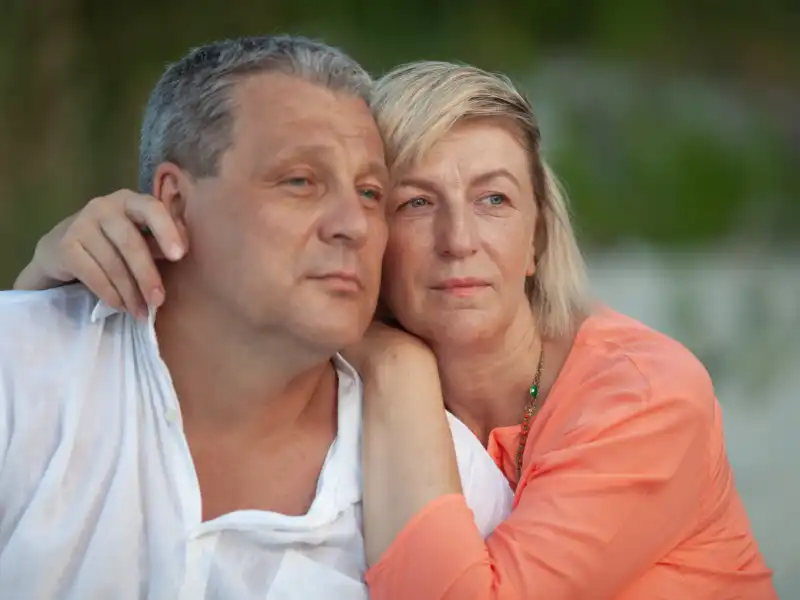Ready to Rebuild Your Marriage?
You've taken the first step by being here. Let's talk about how we can help - thousands of couples have found their way back together.
Take the First StepHave Questions?
We're here to listen and help guide you. Reach out to us for a confidential conversation about your situation.
Contact UsYour Marriage Journey
Every love story has its chapters. Understanding where you are helps illuminate the path forward.
Just like life itself, marriage isn't a straight path - it's a journey of peaks and valleys. What matters isn't whether you face challenges, but having the right tools to navigate them together.

Romance
The Magical Beginning
Remember those butterflies? That feeling that you'd found your perfect match? The Romance stage sweeps us off our feet with intense emotions and beautiful dreams. Every moment together feels magical, every quirk endearing. We float on cloud nine, certain our love story will be different from all the rest.
This is the stage of sweet text messages, long conversations that fly by like minutes, and feeling that you've finally found your perfect match. Their little habits are adorable, their jokes are always funny, and you can't imagine ever feeling differently.

Disillusionment
When Reality Challenges Romance
Suddenly those cute quirks aren't so cute anymore. Small disagreements feel bigger. You start wondering, "Is this what I signed up for?" This natural stage happens to every couple, but it doesn't mean your love story is over – it's just evolving into something deeper.
Those endearing differences that once made your heart flutter now might make your teeth clench. Maybe you're arguing more, feeling misunderstood, or just sensing a growing distance. The truth? This stage is as natural as seasons changing.

Misery
When Pain Overwhelms Love
The distance feels like a canyon. Communication breaks down. You might feel alone even when you're together. The pain can be overwhelming, leading many couples to consider giving up. But even here, in this darkest stage, there's hope for renewal and rebirth.
This is where many couples hit their breaking point. The silence in the house is deafening. Every conversation feels like walking through a minefield. Many couples believe this is the end of their story - but with the right tools and guidance, it can actually be the beginning of your strongest chapter yet.

Awakening to Joy
Love Reborn, Stronger Than Ever
This is where love transforms from a feeling into a choice, from romance into deep partnership. You learn to cherish each other not despite your differences, but because of them. Your relationship becomes a source of strength rather than stress.
Imagine feeling deeply understood and accepted for exactly who you are. Picture having the tools to turn any conflict into an opportunity for growth. Couples who reach this stage often say their relationship is stronger and more fulfilling than they ever dreamed possible.
Turn Your Challenges Into Transformation
Every couple faces storms - but what if each challenge could actually strengthen your bond instead of straining it? This is where Retrouvaille makes the difference. We don't just help couples survive tough times - we teach you how to thrive through them.
- Transform conflicts into opportunities for deeper connection
- Replace silence with meaningful conversation
- Rebuild trust and restore intimacy
- Create a resilient partnership that grows stronger through every season
Thousands of couples who thought their story was ending have discovered it was just beginning. Your best chapter could be just ahead.